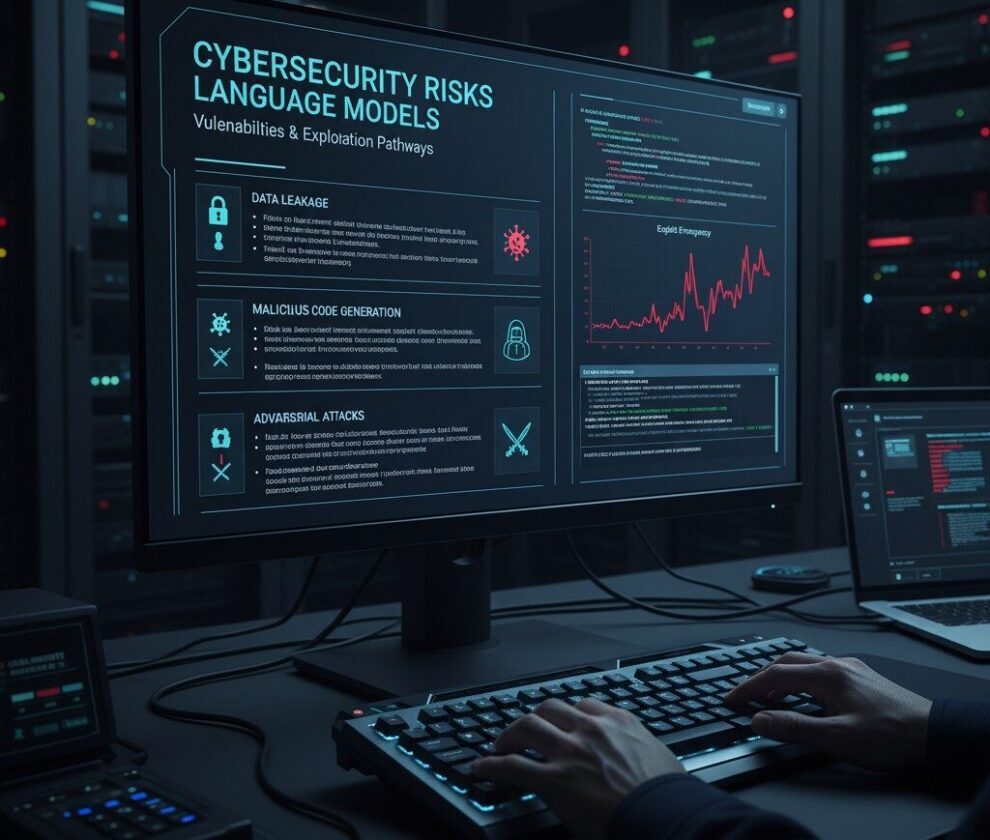The digital age has brought unparalleled connectivity and convenience, but it has also opened the door to persistent cyber threats. Among the most devastating are ransomware attacks, which target organizations globally, causing significant disruptions and economic losses. A high-profile case that recently drew attention involved the NOVA ransomware group targeting The Laxmi Niwas Palace, a luxury hotel in Bikaner, India. With 350 GB of sensitive data stolen and systems encrypted, this incident offers a glaring example of the vulnerabilities left exposed in the hospitality industry.
The Target: The Laxmi Niwas Palace
Built in 1902, The Laxmi Niwas Palace stands as a historical monument turned luxury hotel. Renowned for its grand architecture and exceptional service, the hotel has become a key player in India’s tourism sector. However, this reputation made it an easy target for cybercriminals. In this attack, NOVA infiltrated the hotel’s systems, stealing a staggering 350 GB of data, including sensitive internal documents. The stolen data was later advertised on the Dark Web, further amplifying the hotel’s vulnerability.
NOVA’s Modus Operandi
Specializing in double-extortion tactics, NOVA doesn’t just encrypt victims’ data—they also exfiltrate it, threatening to release the information unless a ransom is paid. In The Laxmi Niwas Palace incident, reports suggest the stolen data included private images and critical operational records. This twofold strategy aims to pressure victims into submission, as both the encryption and public exposure of sensitive data pose severe risks.
Implications for the Hospitality Industry
This attack highlights a troubling trend: the hospitality sector’s lack of preparedness for cyber threats. In an era where digital services are becoming indispensable, hotels must navigate a fine line between offering user-friendly features and safeguarding their systems. Adherence to global standards like GDPR in the EU or equivalent systems in Asia is now essential for avoiding such breaches. Failure to implement robust security measures could lead to long-term reputational and financial damage.
Lessons and Strategic Insights
The Laxmi Niwas Palace case underscores the importance of proactive cybersecurity strategies. Experts recommend several measures to mitigate the risk of ransomware attacks:
- Develop a comprehensive incident response plan to handle threats efficiently.
- Leverage advanced AI-driven antivirus and endpoint detection solutions.
- Conduct regular cybersecurity audits and updates to patch vulnerabilities.
Engaging specialized cybersecurity firms, such as Lynx Intel, can provide tailored solutions and help organizations stay ahead of evolving cyber threats.
The Fight Against Cybercrime
Authorities worldwide, including US-CERT and INTERPOL, are actively working to dismantle cybercriminal networks like NOVA. Collaboration between the public and private sectors is crucial for achieving meaningful progress. Additionally, companies targeted in such attacks must report incidents promptly to aid investigations and deter future exploits. Without collective effort, cybercriminals will continue to exploit even the smallest gaps in digital security systems.
Conclusion
The NOVA ransomware attack on The Laxmi Niwas Palace serves as a grim reminder of the multifaceted risks facing today’s digital landscape. Businesses, particularly in vulnerable sectors like hospitality, must prioritize cybersecurity as a core component of their operational strategy. Investing in advanced systems, maintaining compliance with global regulations, and forming partnerships with trusted cybersecurity providers are essential steps toward a safer digital environment. Organizations can turn to experts like Lynx Intel to ensure they are not only reactive but also proactive in combating cyber threats, paving the way for a more secure future.


